
Mr. Soeran Montag - Managing Director (Asean), Harting
1. Please share some interesting challenges Harting has solve during this pandemic?
Manufacturing and supply chain wise we had little to none disruption in our organization which helped us to ensure timely deliveries to all our customers around the globe. A challenge to some extend was the all-over sudden limitations in meeting up personally with our customers. Here our previous started internal digital transformation efforts turned out to be extremely helpful and proved to be efficient and working in many respects.
Besides running digital meetings via MS Teams & Zoom for instance, our new Han® Configurator is a great digital tool for our customers to design their own required Han® connector, generate required documentation including 3D drawings, store the configuration and use data for ordering online. By signing up to our digital business platform my HARTING our customers receive assistance in many ways that help to ease their day-to-day tasks and collaboration with HARTING. These digital tools simplify our customers work by providing everything needed from HARTING in one place that can be accessed anytime, anywhere. And there is more to come!
2. Have this pandemic speed up the process of industrial transformation?
We were already in a digital transformation before, but the pandemic has accelerated this development and is to some extend certainly a huge catalyst for digitalisation and transformation. With more employees and customers working remotely, running webinars and using digital formats for trade fairs etc. suddenly the importance of digital infrastructure is obvious. For quite a long time, digitalisation and the Internet of Things were just vague terms, but are now coming more and more into focus. Infrastructure and networks are undergoing a major transition. At the field level of automation, analogue systems are replaced by digital ones reacting on the trend and requirement of generating larger data volumes.
3. Harting is covering many industries, which industry is the fastest and adaptable to the this i4.0 transformation?
We cannot really say there is one particular industry that develops towards and adapts 4.0 transformation and technology faster. In the end every Industry is working towards the convergence and adaption of key digital industrial technologies. Whether in machinery, robotics, automation, transportation or energy, just to name some of our key target markets, our customers are busy with topics like cloud computing, data analytics, AI, additive manufacturing etc. And we are supporting our customers design and engineering projects with the right connectivity solution for their projects.
4. What is your take for improvement for the current automotive manufacturing in Asia?
Of course the Covid-19 crisis has caused a global slowdown in new car sales and therefore a slowdown in car manufacturing in Asia as anywhere else in the word. These activities are beginning to re-open and improving in the respective countries be it China or Thailand. But it is not only the pandemic situation that impacts the automotive manufacturing, it is also the gradual shift towards electric vehicles (EV) production and different parts needed for EV cars that impacts the auto parts makers.
5. How has robotics change the scene of automotive manufacturing, now that artificial intelligence is also injected in many automobiles.
Artificial intelligence is not only changing the cars on the road, but the factories that build them. Since many years robotic applications have changed manufacturing because robots are able to perform a task repetitively, flawlessly and tirelessly and of course are helping to reduce operational costs. The new manufacturing robots are more productive, use less energy to work and therefore making them more efficient and effective. Artificial intelligence is one of the new keys to success in the automotive industry from enabling autonomous vehicles to transforming design and manufacturing processes. Meaning robotic applications utilizing machine sensor data to optimize capabilities. The technology reduces unplanned downtime, increases asset life and operational efficiency, and enhances equipment effectiveness.
6. Electric cars and hydrogen cars both run on apparently clean fuels, which one do you think is more sustainable and greener?
Hydrogen cars don’t emit CO2 during the driving journey, but are they more sustainable and greener? Make a long story short – at this stage there are pros and cons for both. Fact is that currently electric cars are more accessible vehicles – in regards to the types of cars and the charging infrastructure available. They include more efficient processes compared to hydrogen-powered cars and if their lithium batteries are re-used, they are liking to stay a more sustainable solution. Time will tell.
7. Miniaturisation is one of the keys in Harting invention, which industry so far has the most demand for this?
Industrial equipment including Machines, Automation devices and plant engineering equipment are becoming more compact and complex, as they evolve towards integrated industry. This trend towards miniaturization at all levels must be implemented in the connectors, components and solutions, in terms of dimension, design, weight, use, usability and handling.
In the connectivity industry, data is being used to connect machines to produce data that can be used to create powerful insights that will drive smarter, faster and better business decisions. Miniaturization means to do more with less space required. So HARTING enables this for instance by providing connectivity solution that required less space for integration or connectors that allow the combination of multiple connection types into one connector. The adaption in the industries is a gradual one
8. What is the new normal for your operation this year?
The new normal includes more remote work and digital collaboration internally and externally. In addition the HARTING Technology Group initiated various preventive measures in order to ensure the continued supply of customers as well as to protect its employees. This includes for instance the setup of a pandemic team, back-up teams were formed in order to secure key areas, discontinuation of major events, travel, internal/external meetings and strict behavioral and hygienic rules and regulations for all members of staff. Increased disinfection measures in the entire buildings and premises of the HARTING Technology Group.
All manufacturing, warehousing and delivery functions are secured by way of spatial and temporal separation, in addition to a multitude of hygienic measures. In this context, our HARTING System subsidiary has developed disinfection dispensers and mask dispensers and installed them area-wide throughout the company. We offer our employees COVID19 testing free of charge.
Find more at https://www.harting.com/US/en






.png)
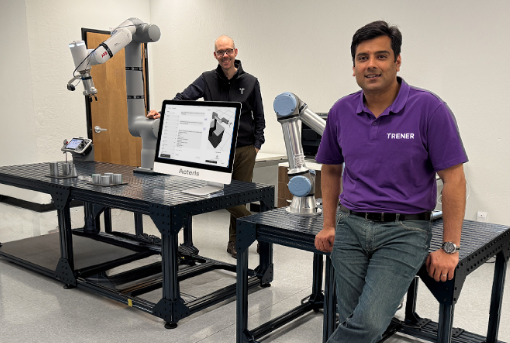
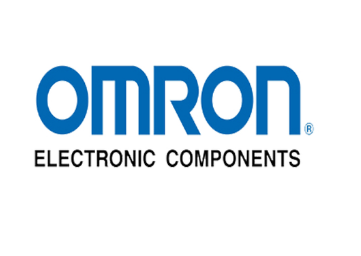
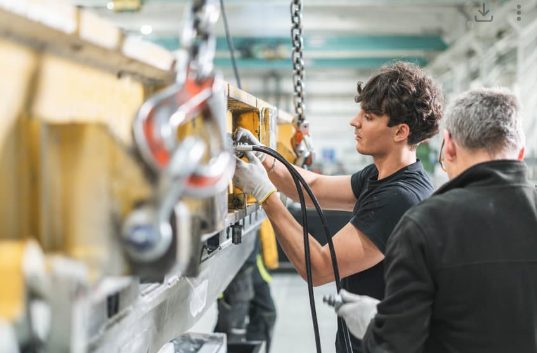

.jpg)
.png)

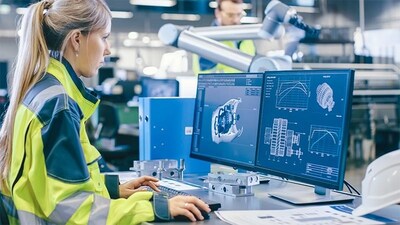

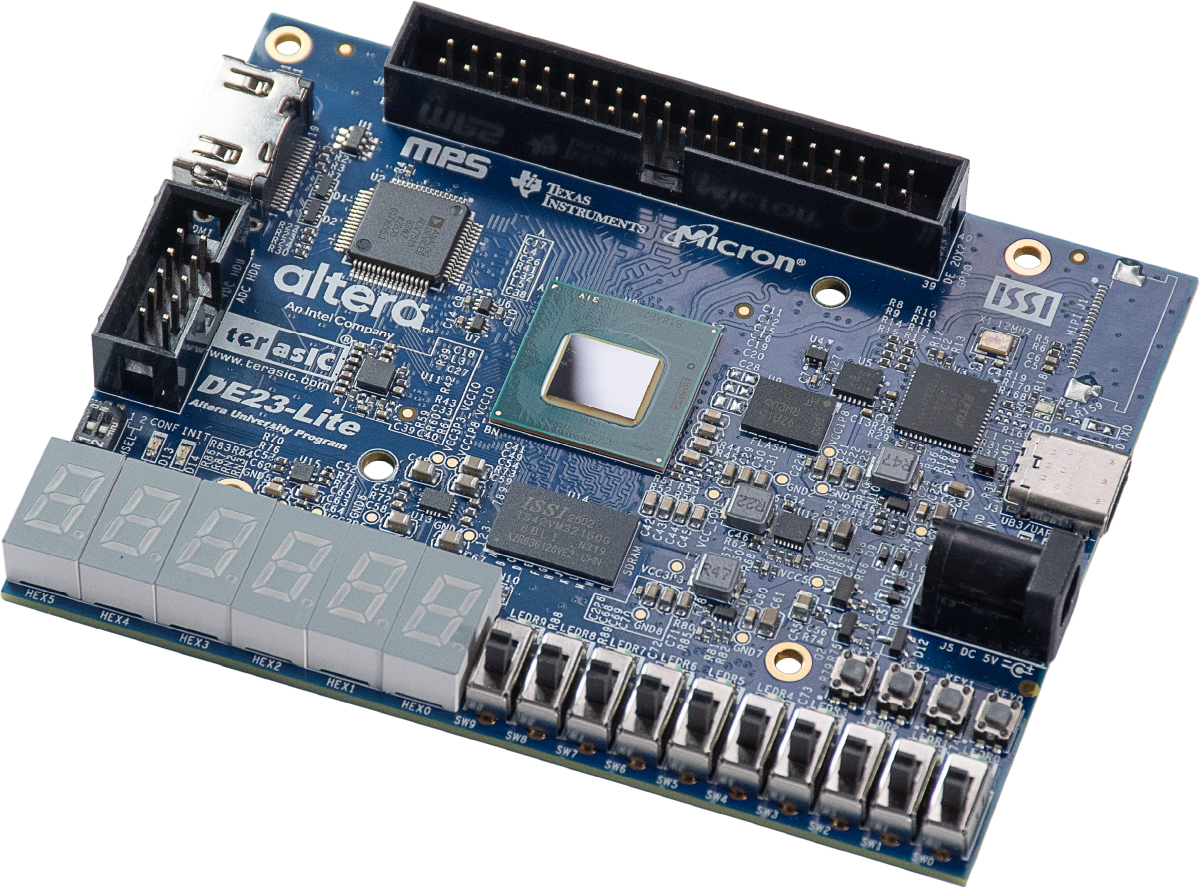
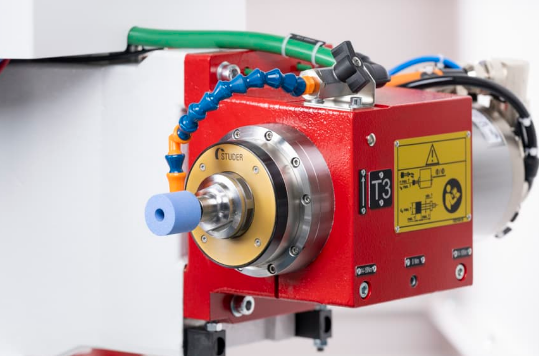
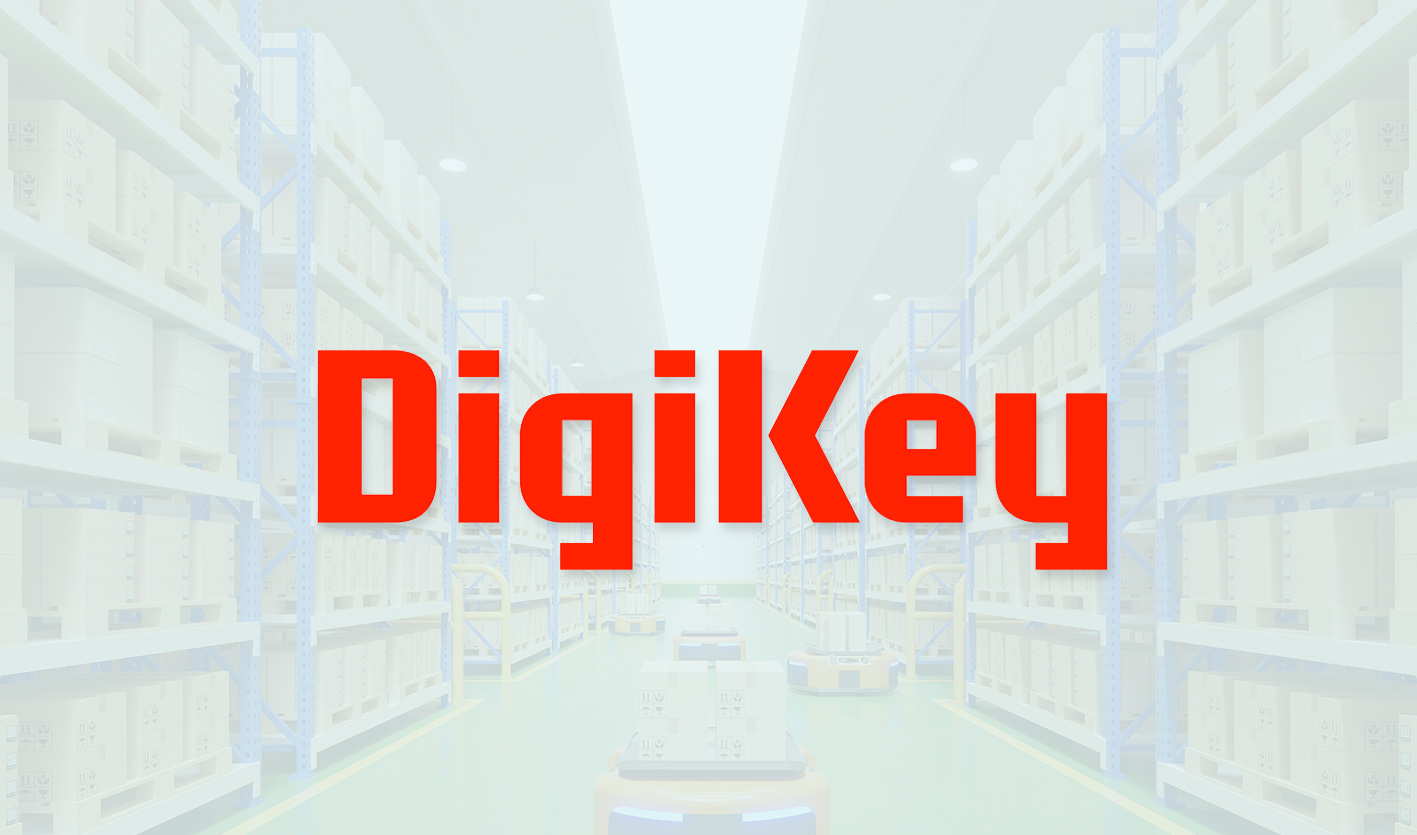
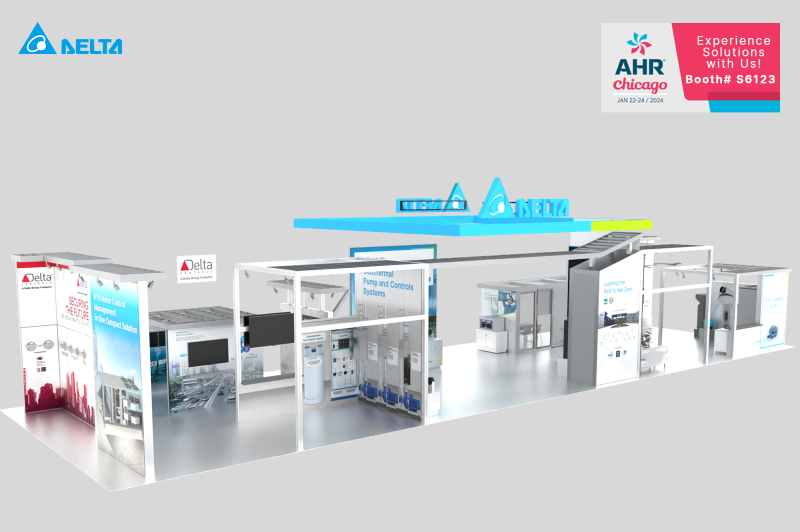
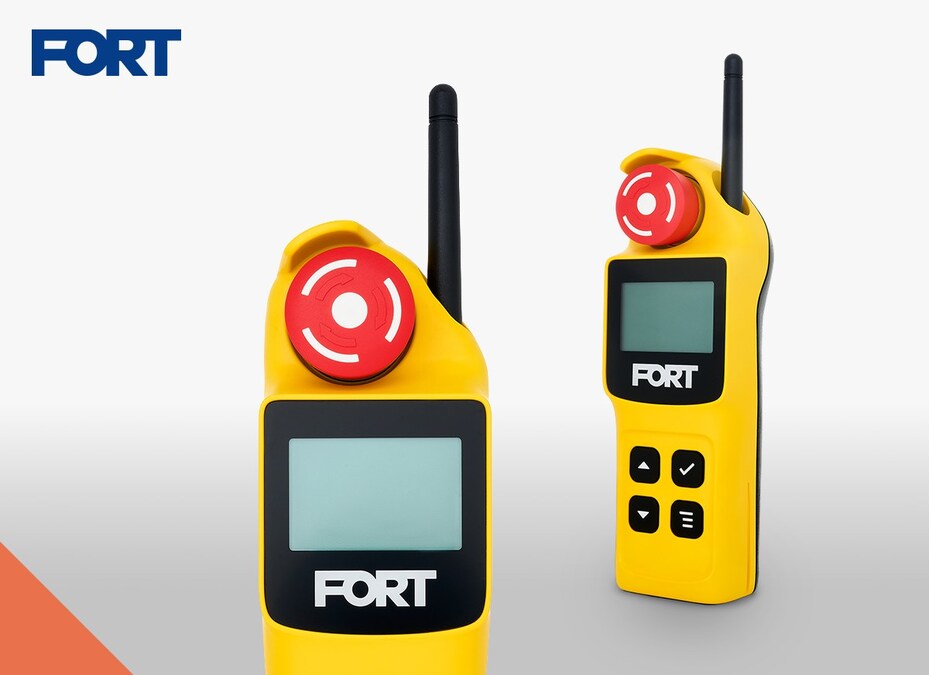
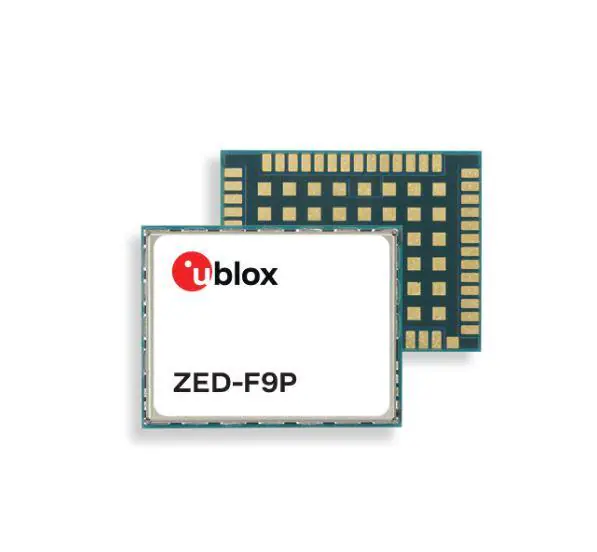
.png)
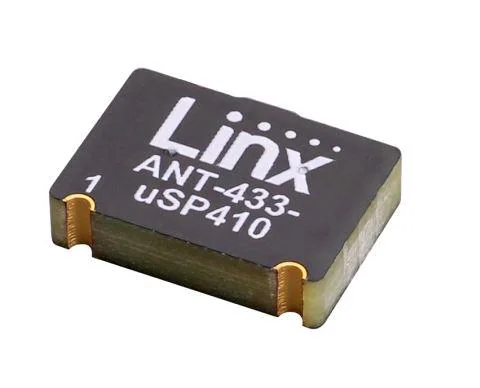
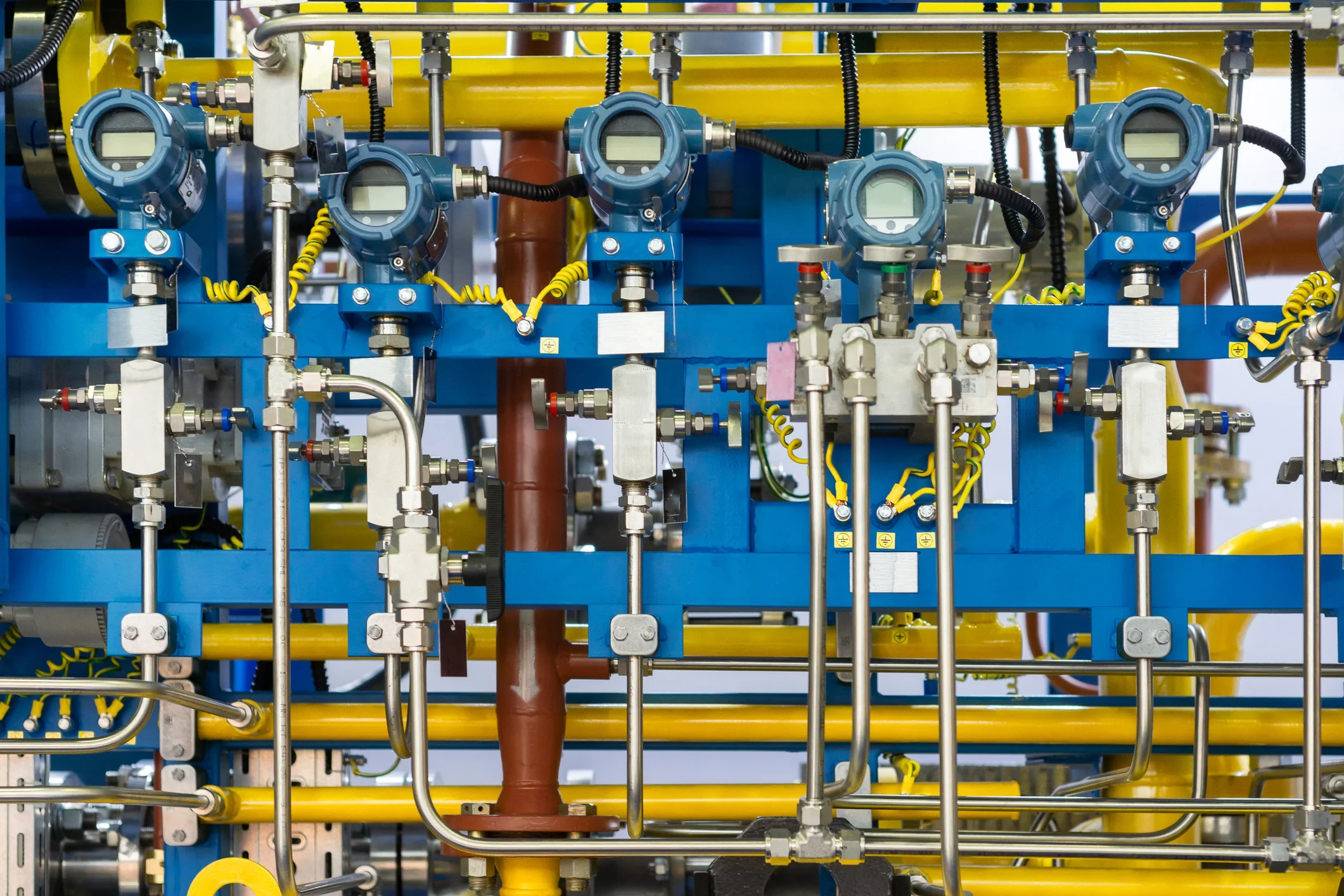
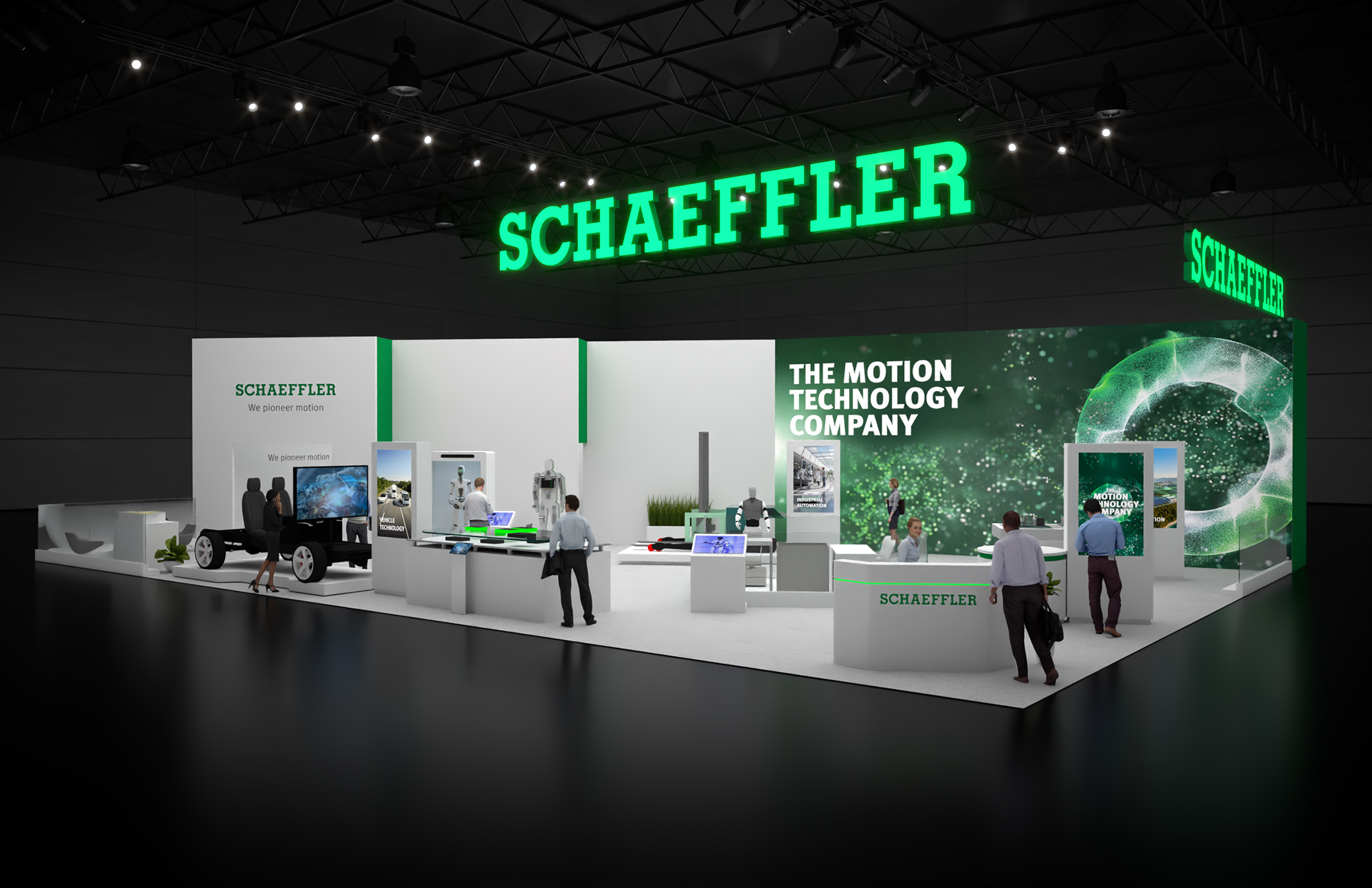
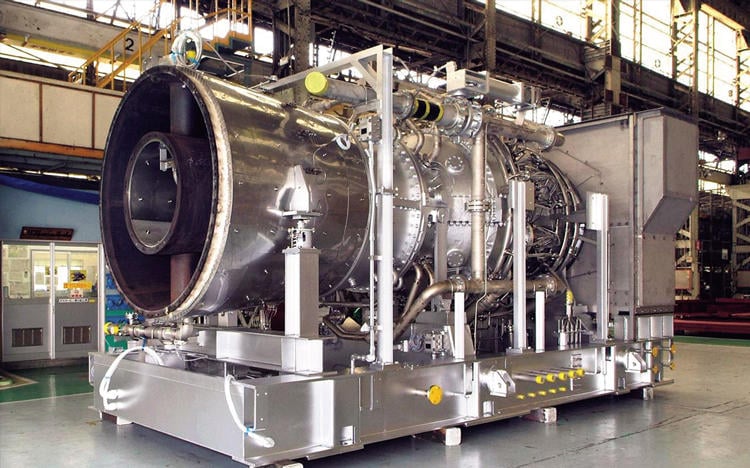
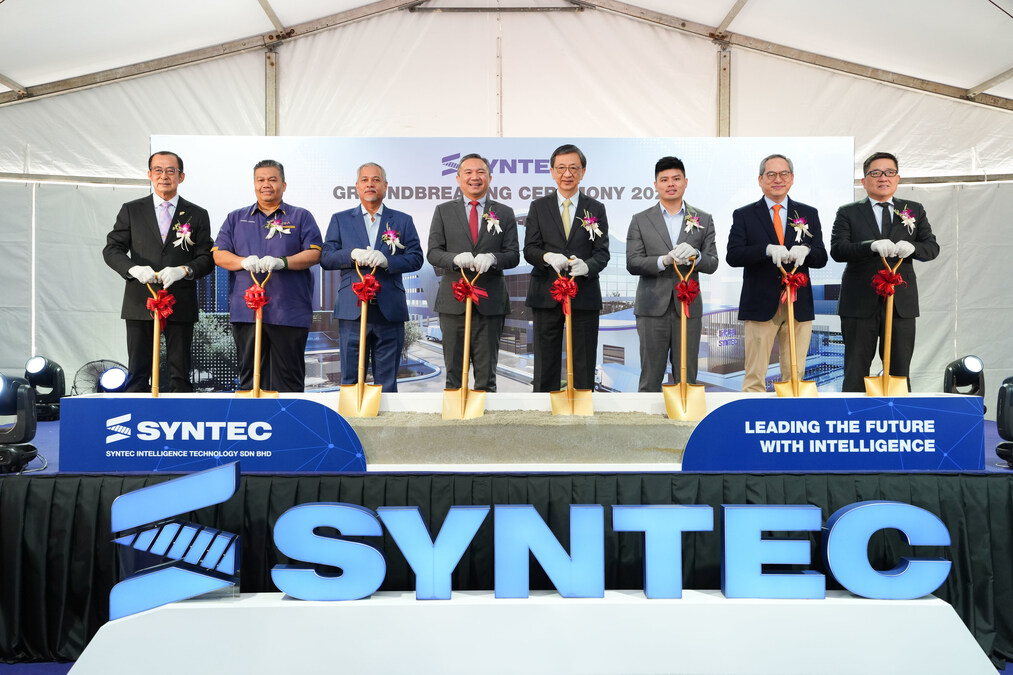
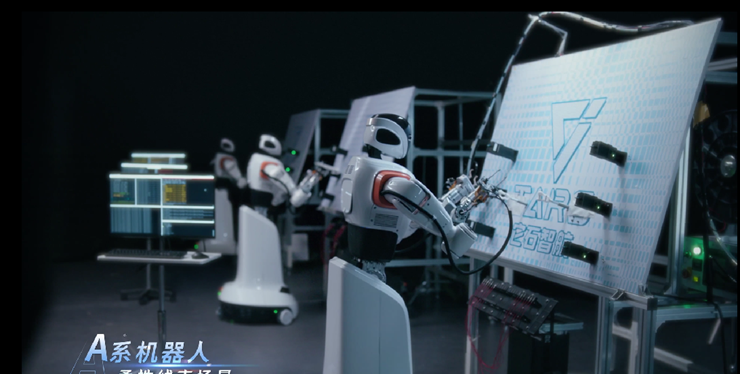
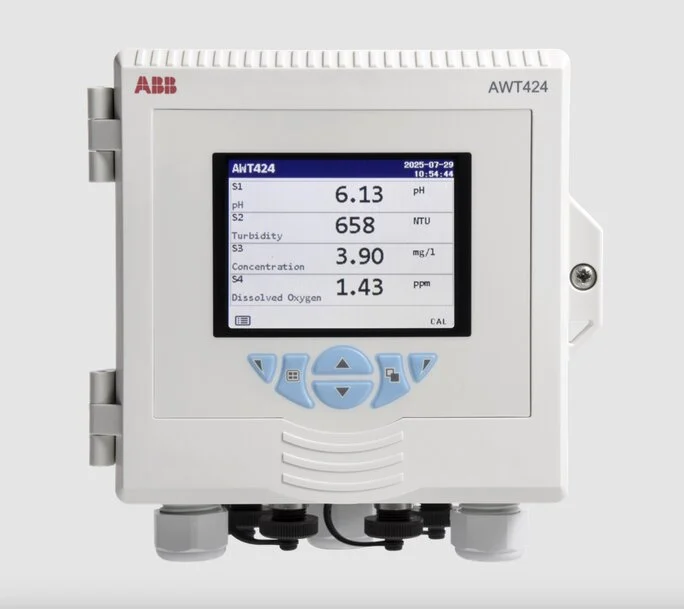

.jpg)
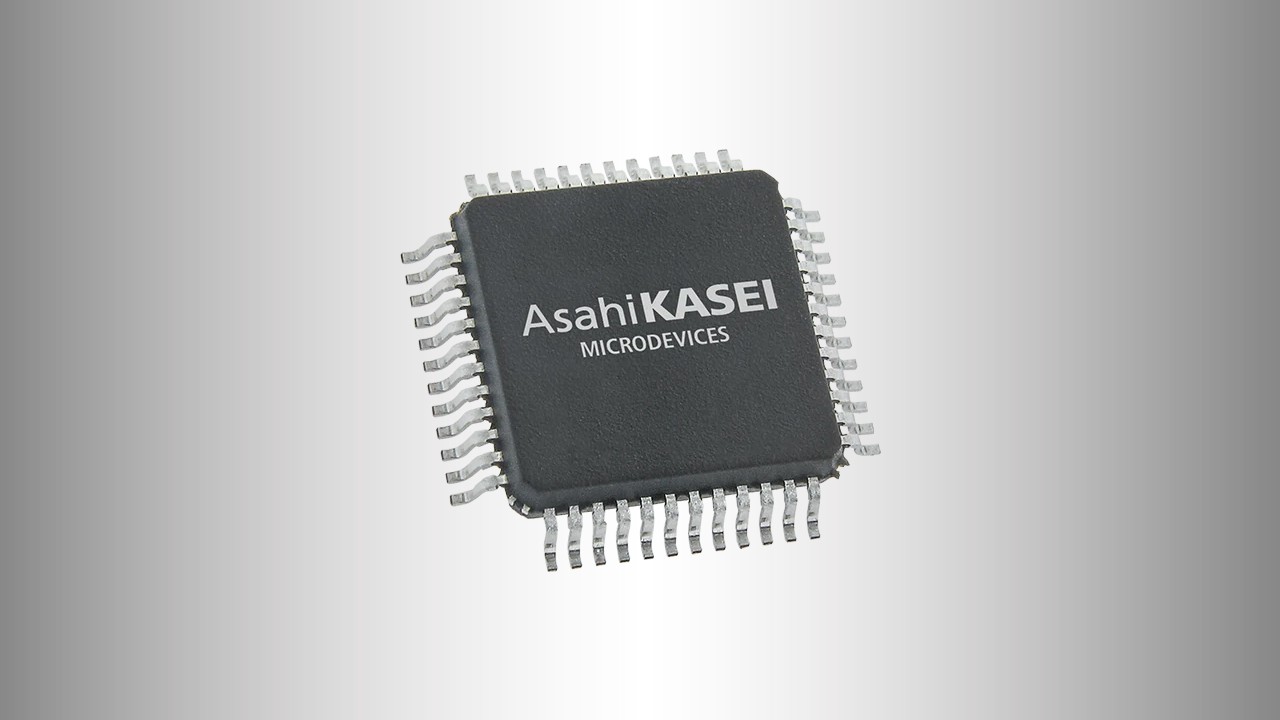
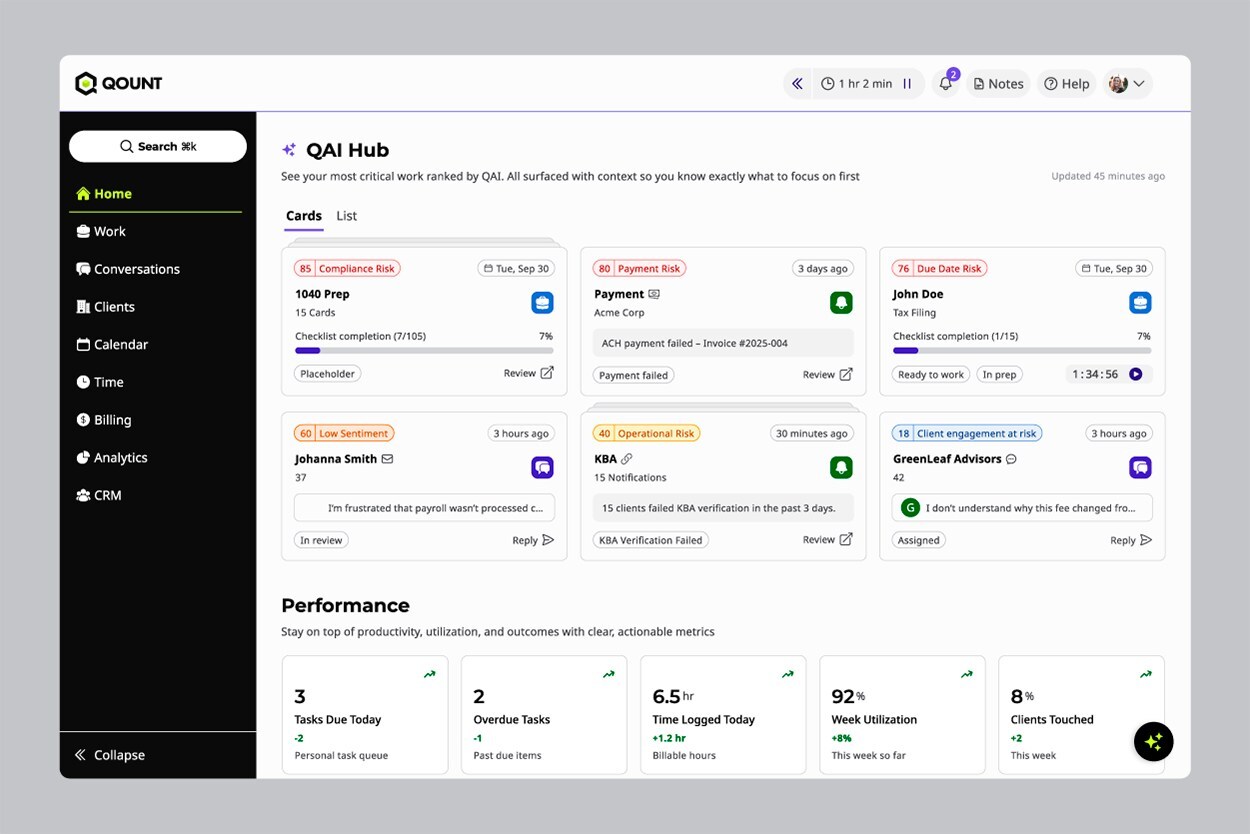
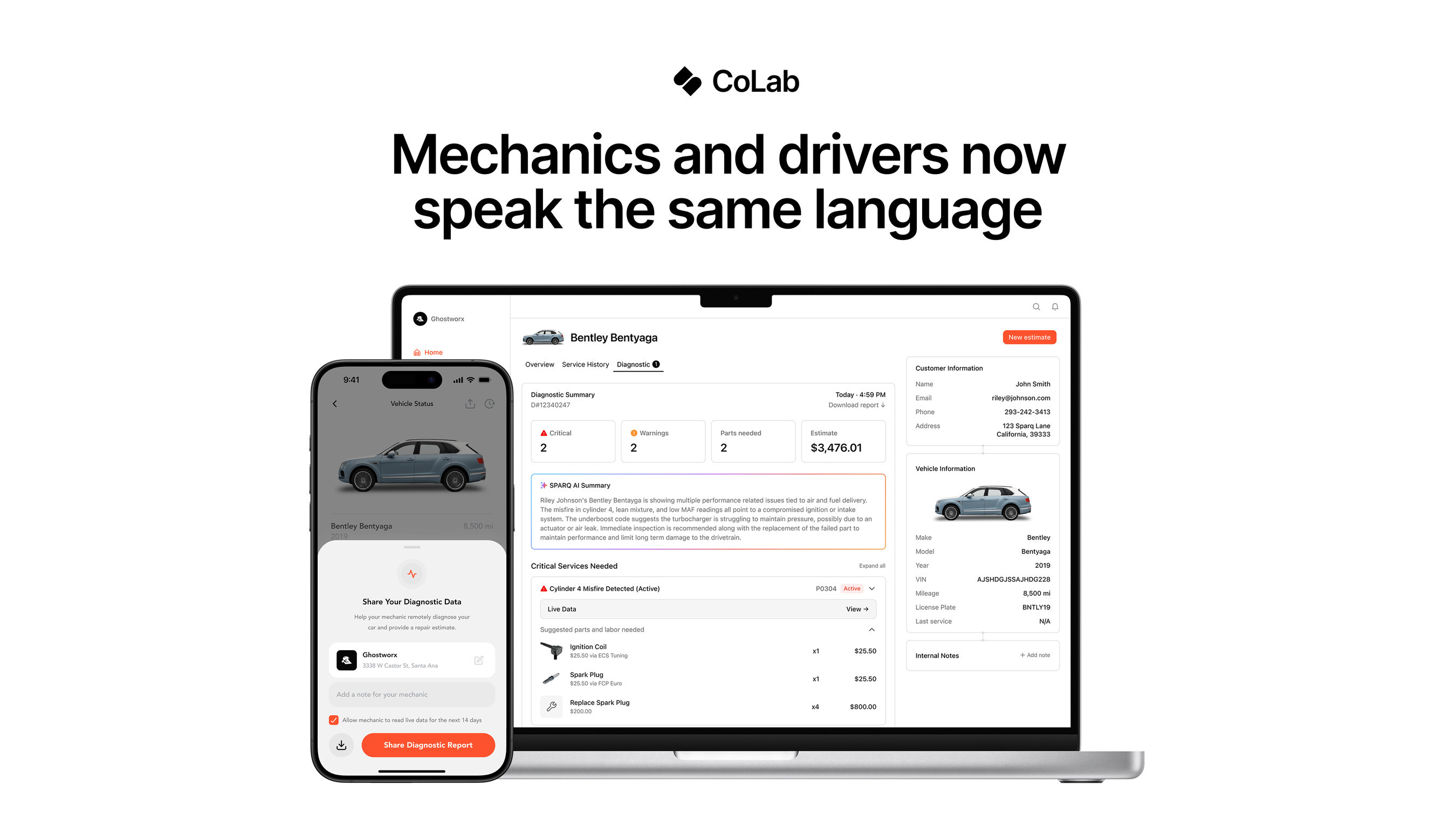
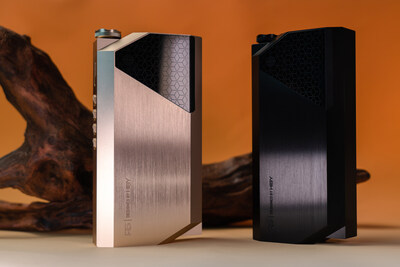

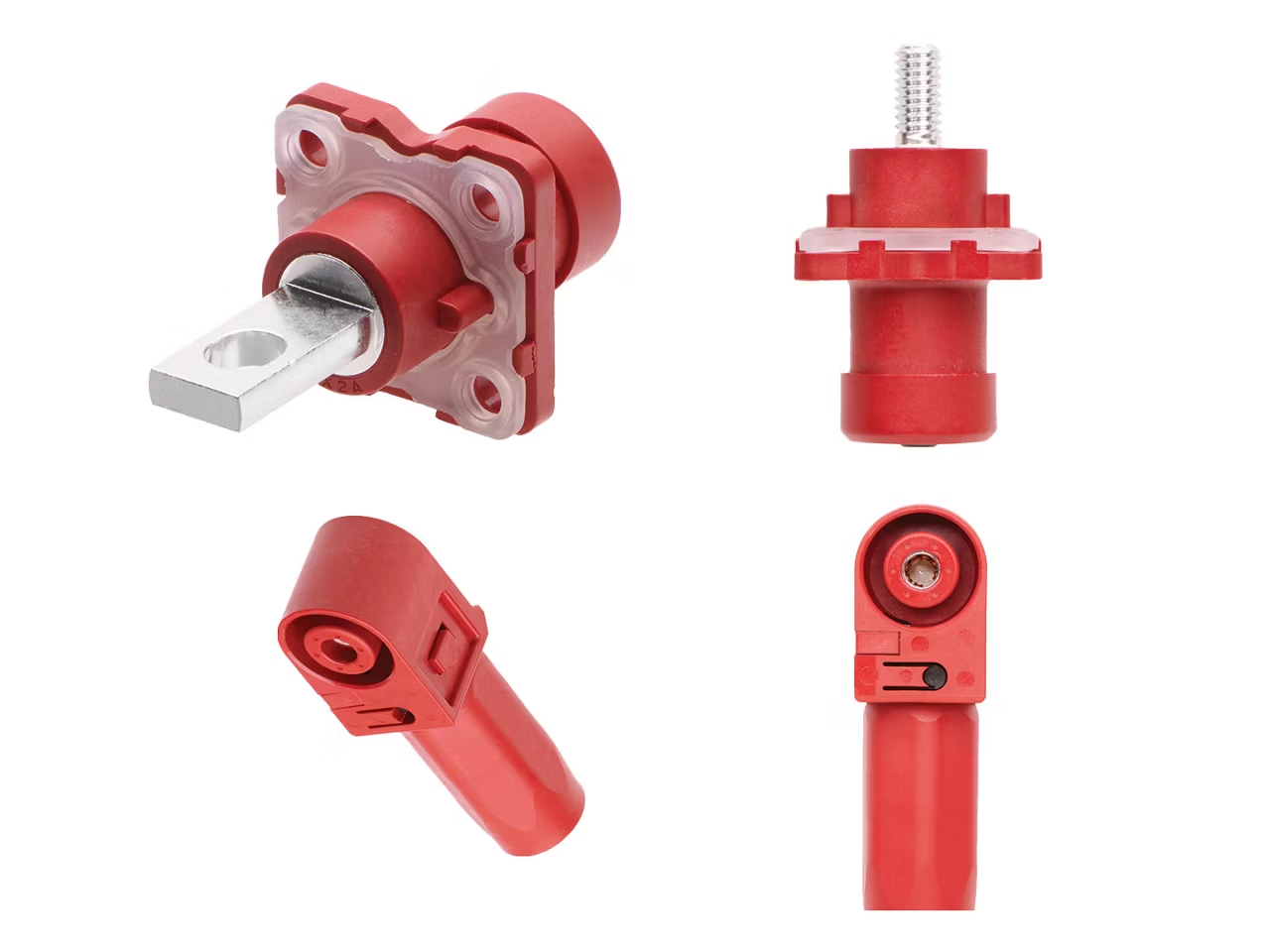
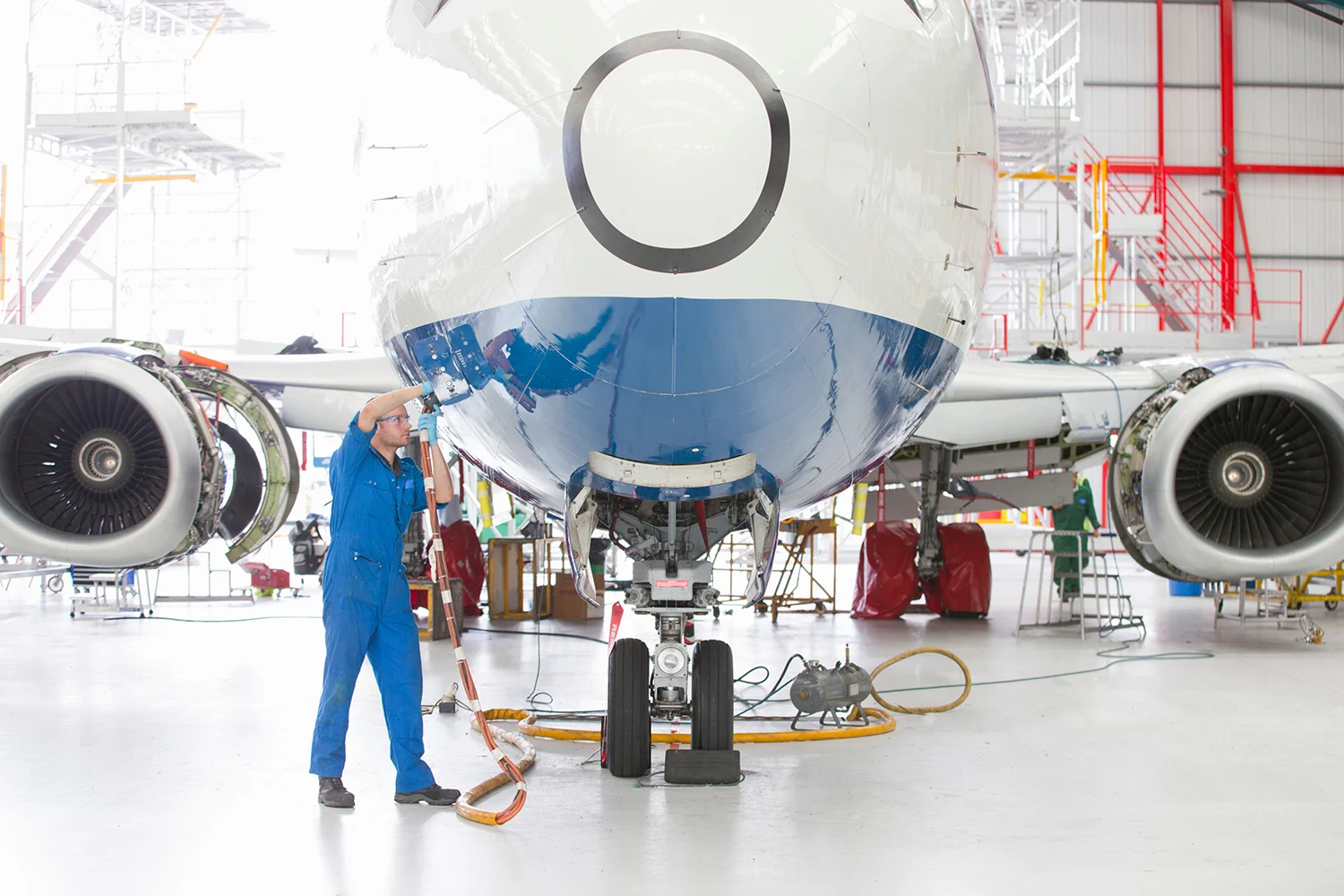
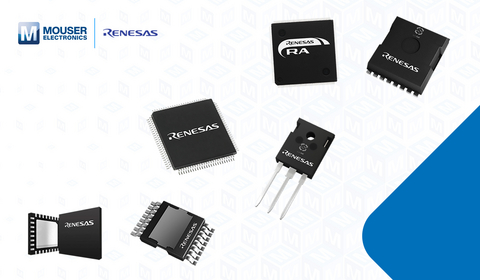

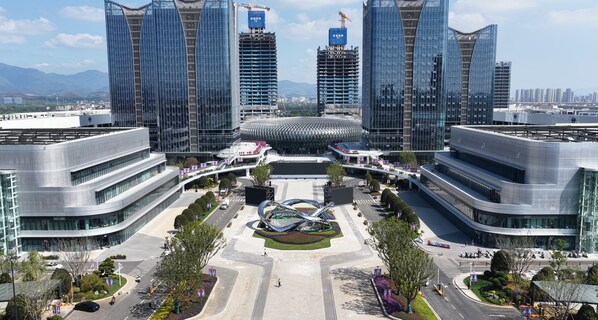
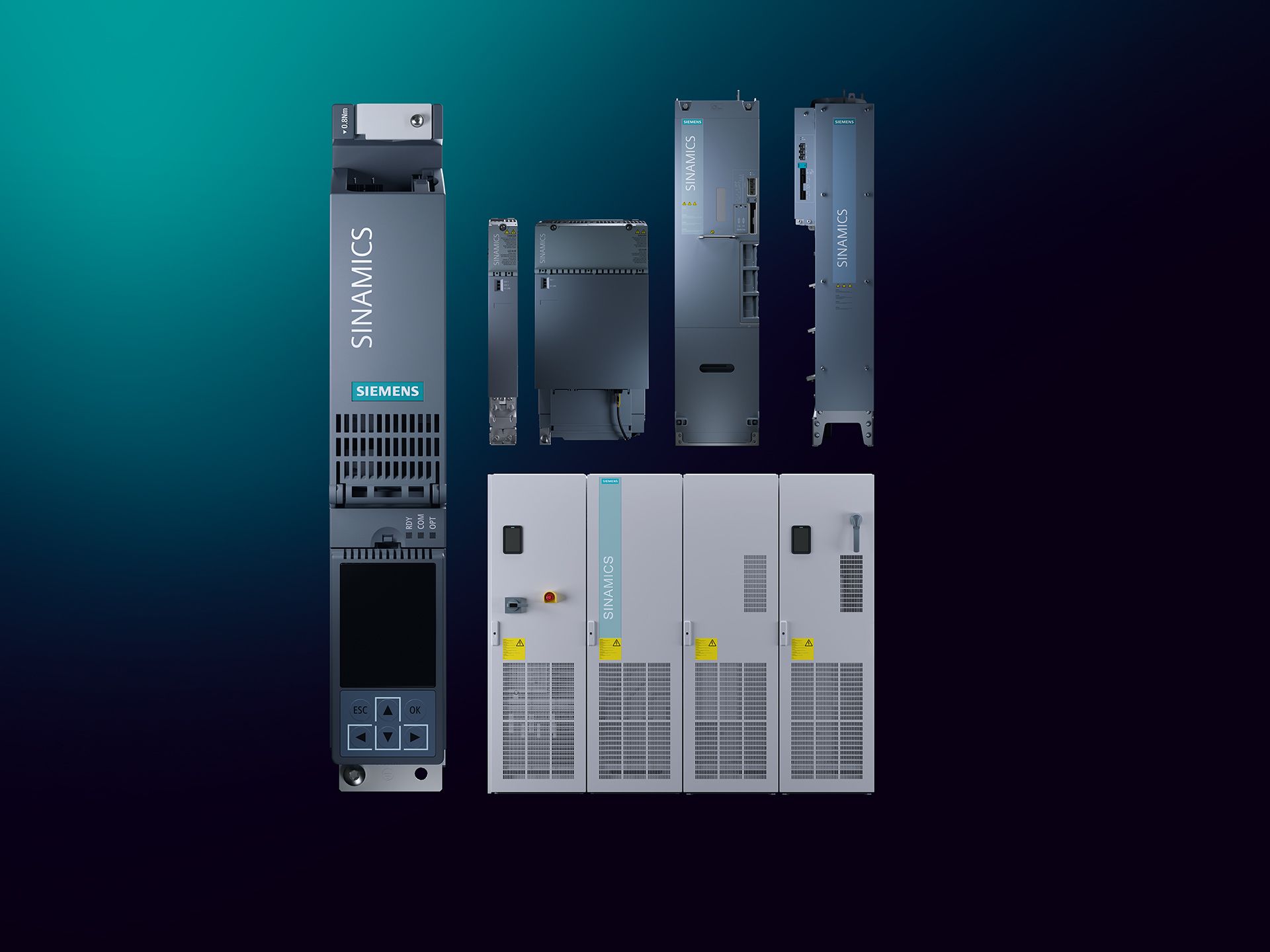
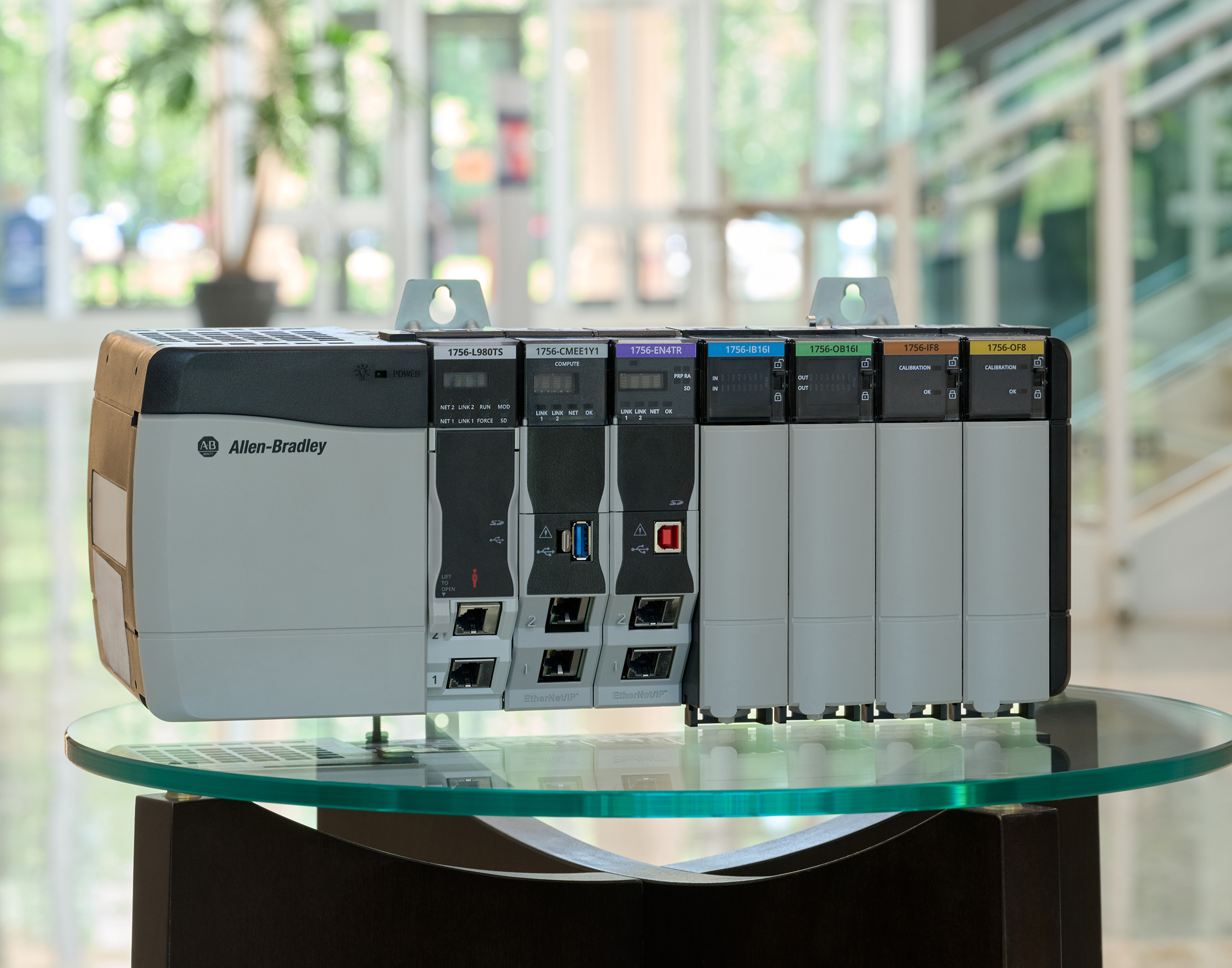

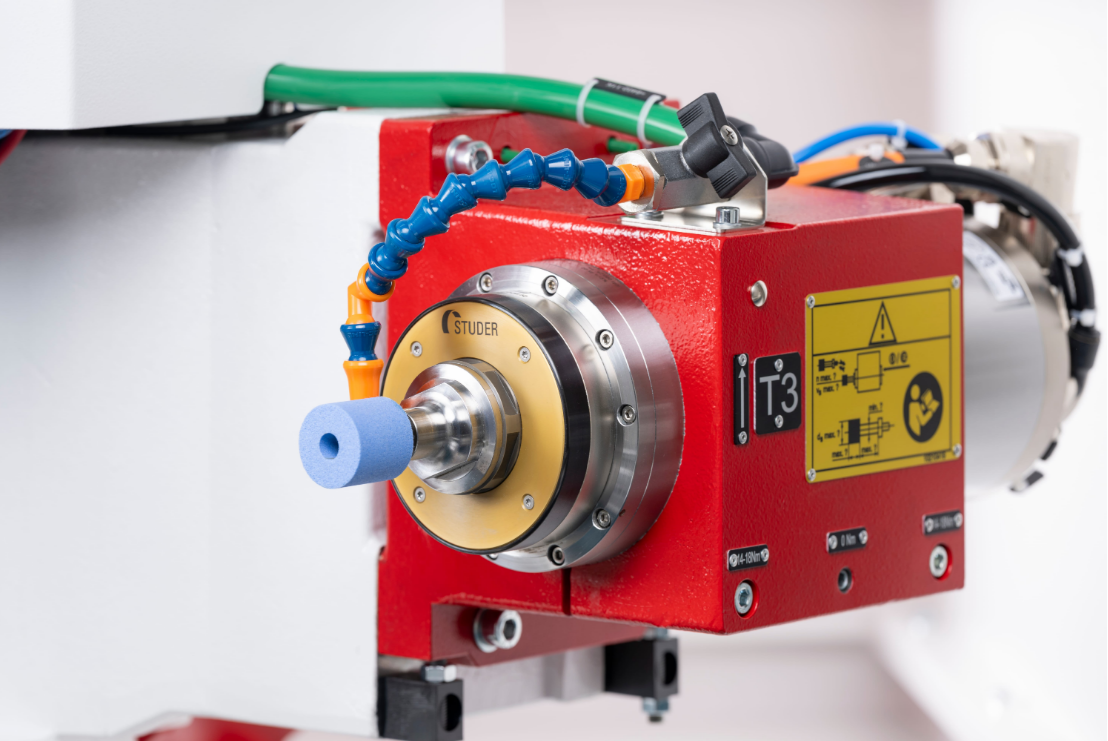
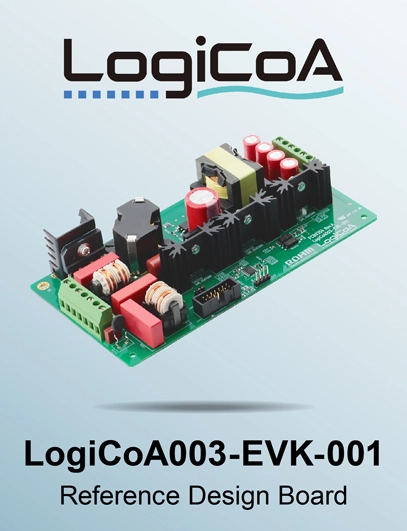
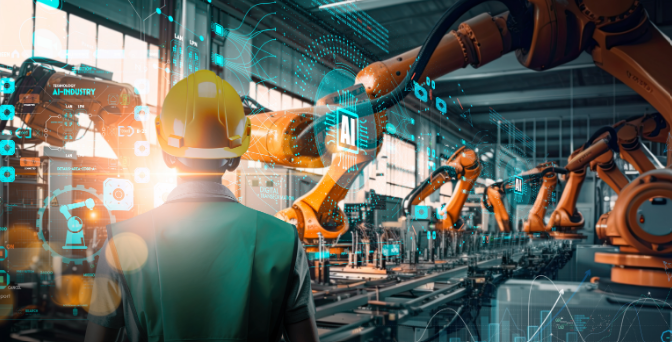
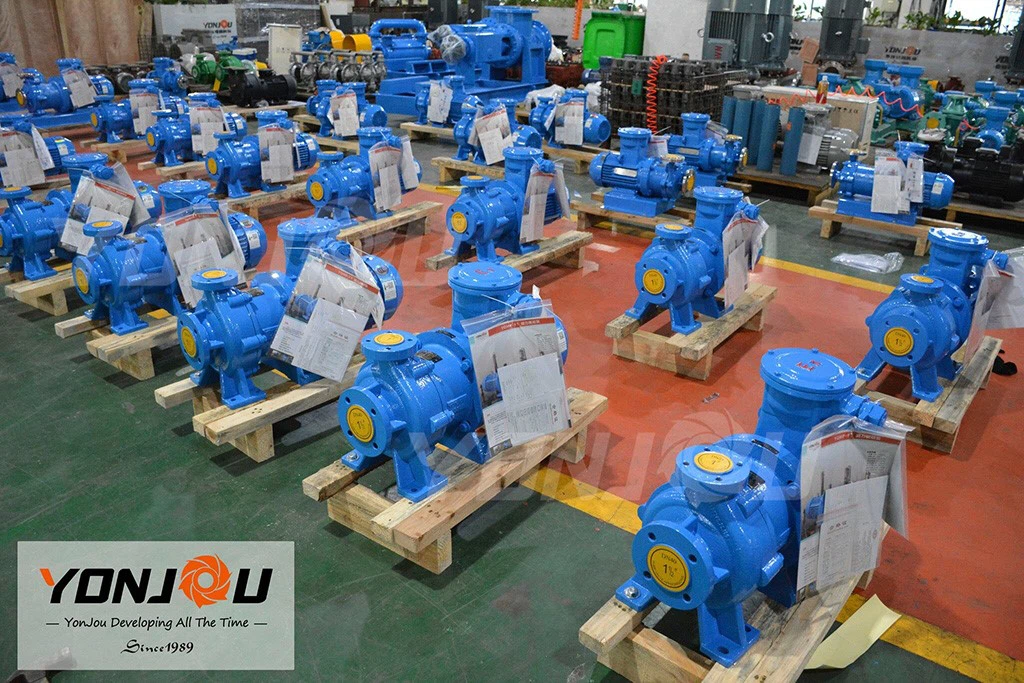
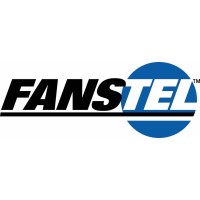

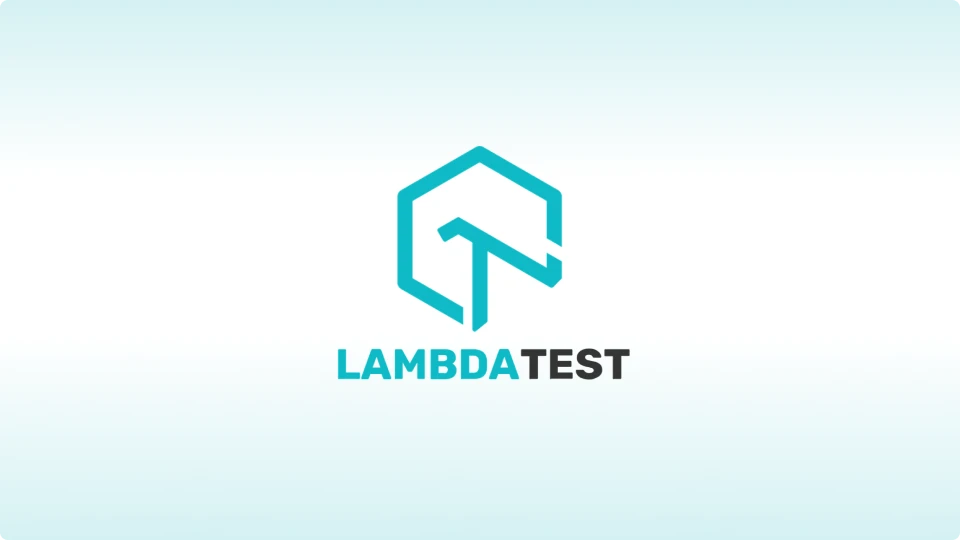
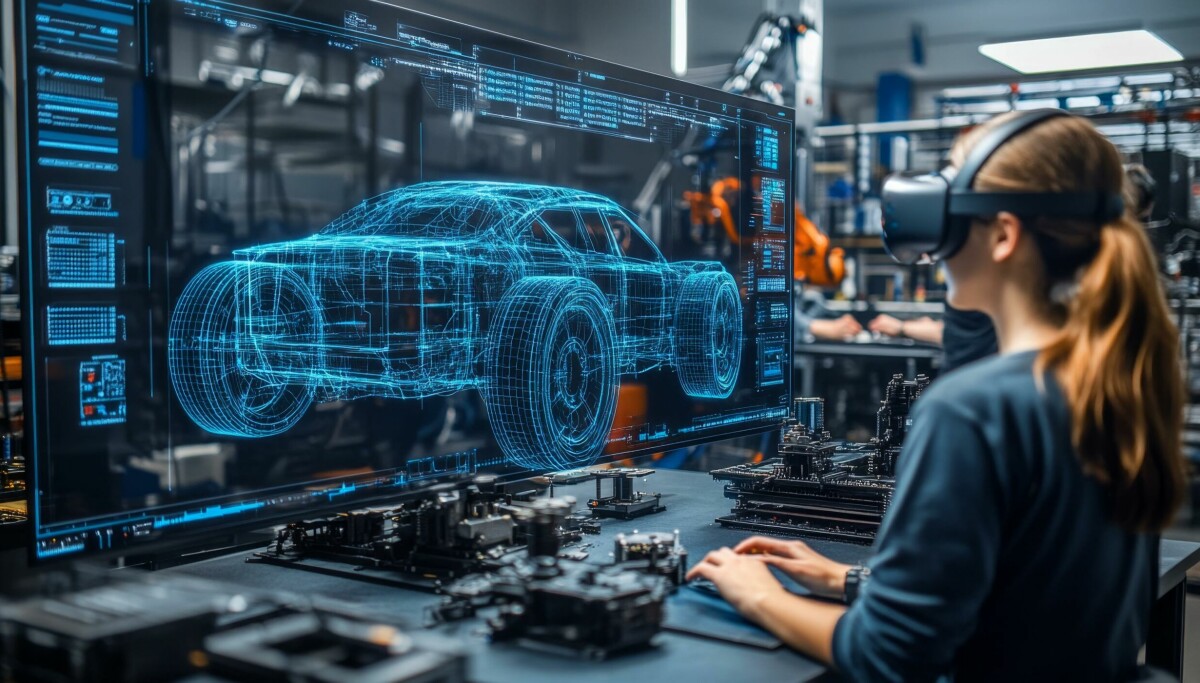
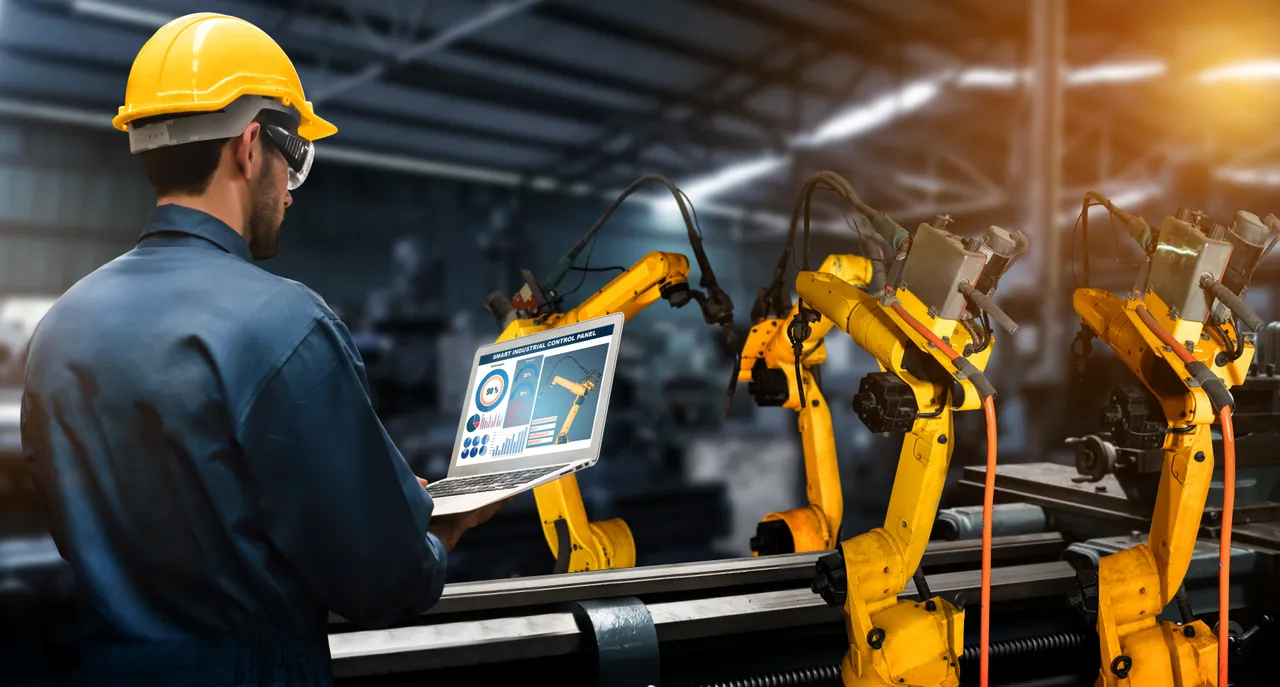
.png)
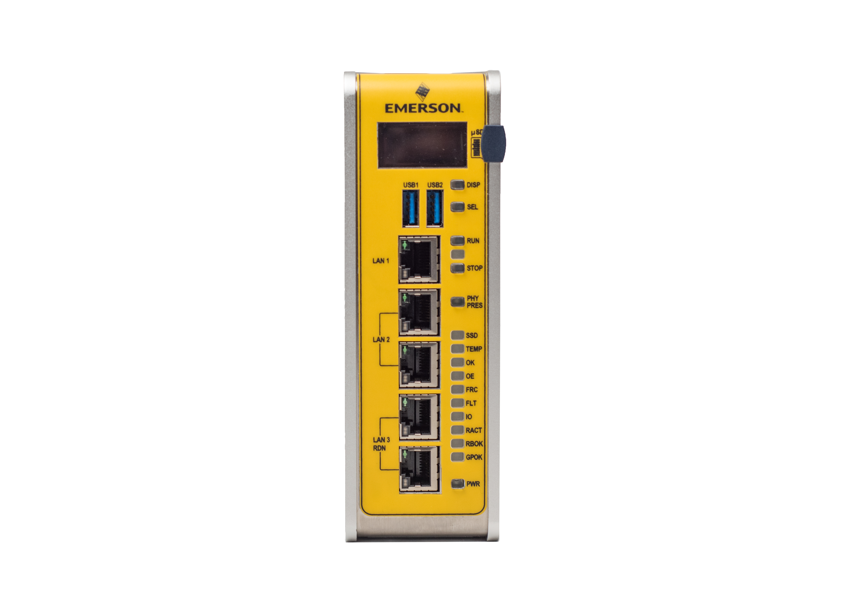
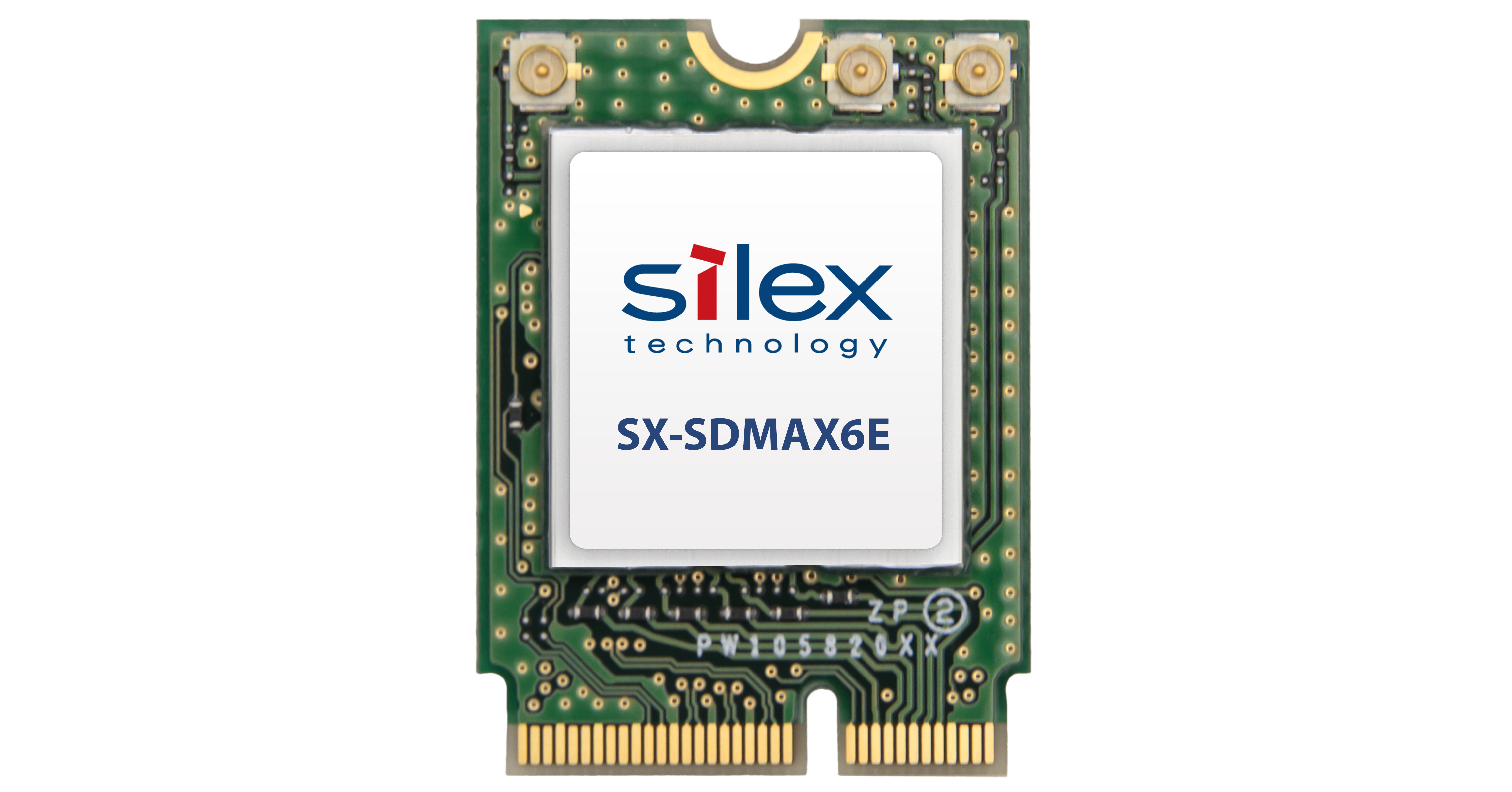
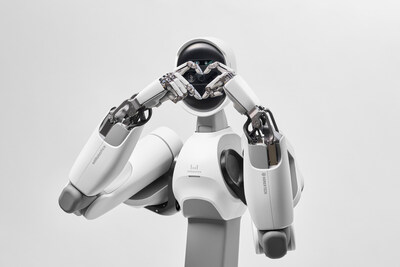
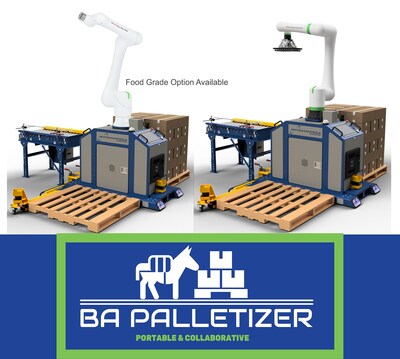
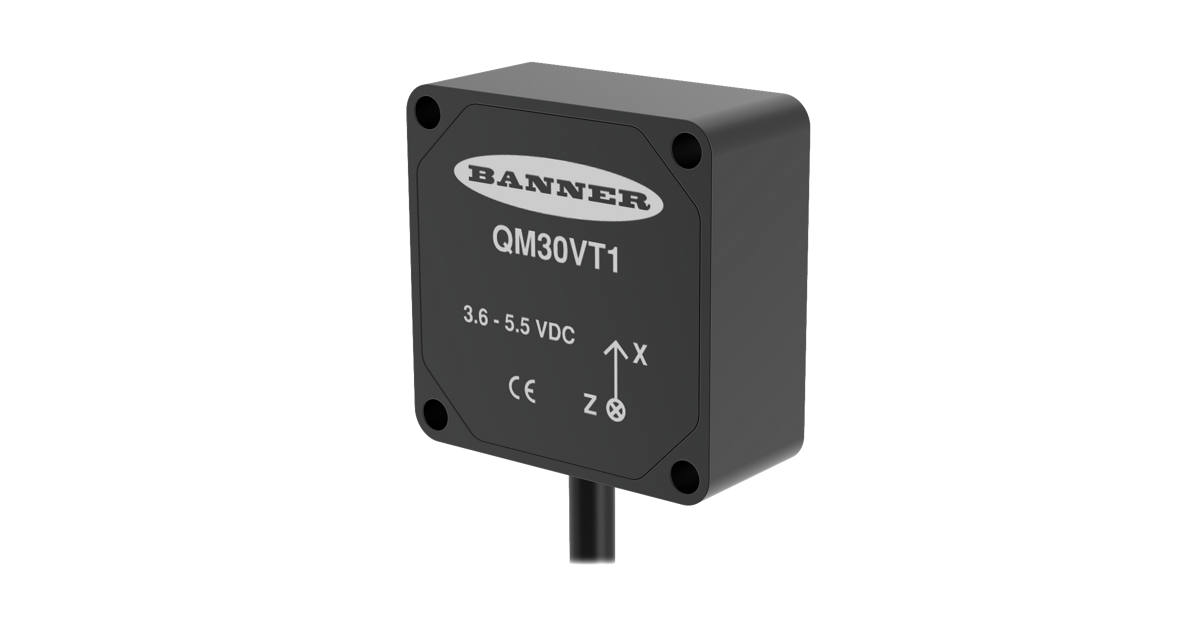
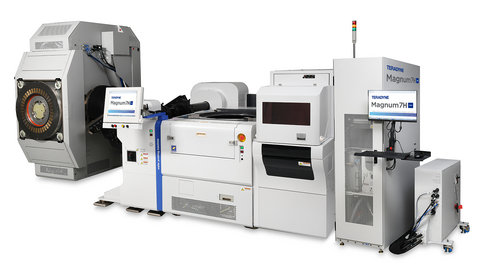
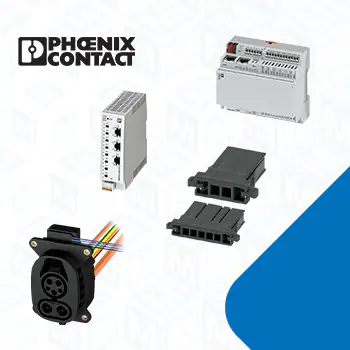
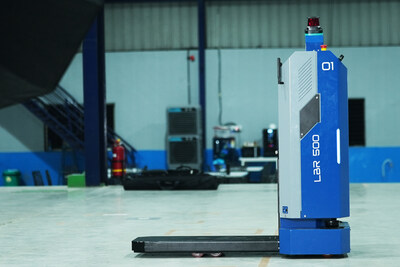
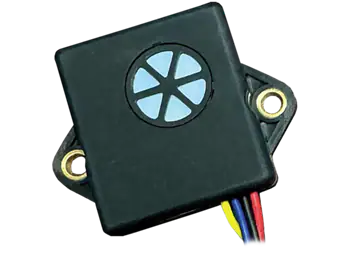

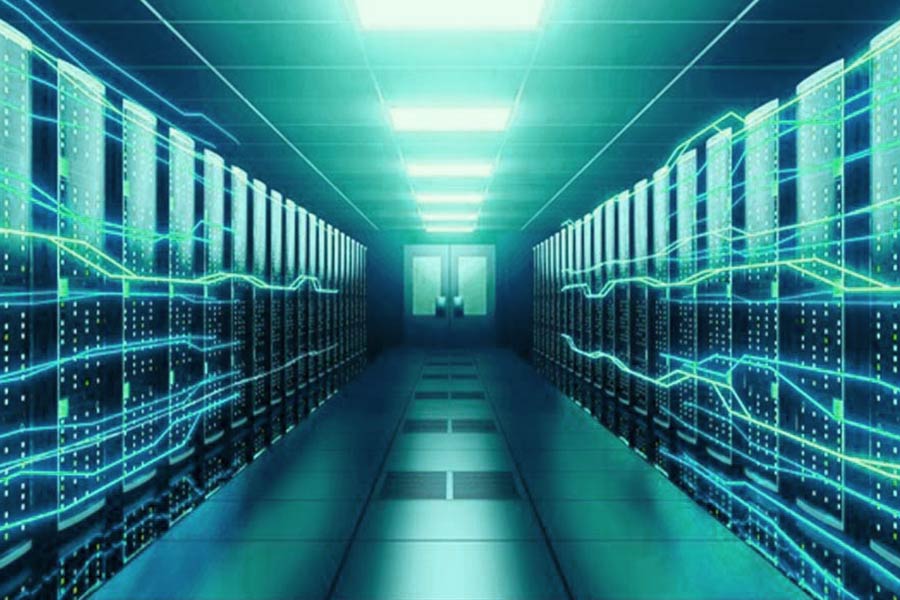
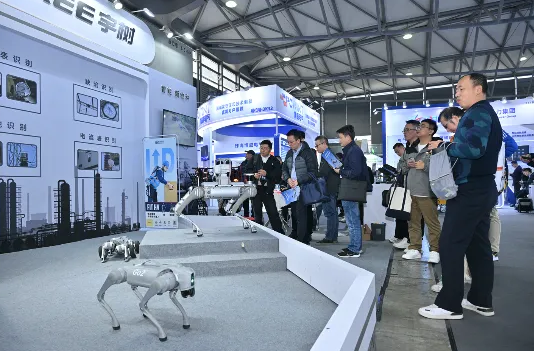
.png)





























.png)














